The Nancy L. Nester Awards for Excellence in Writing
These awards honor achievements in undergraduate writing at Roger Williams University.
Award Recipients
2024 Awards Recipients
100 Level

1st Place: Architecture - Discourse Community Textbook Chapter
Joseph Fogarty
WTNG.102 Honors: How Writing Works, Prof. Dahliani Reynolds

2nd Place: Ripped Pages and Revelations: Understanding the Depths of Understanding
Henry Siravo
WTNG.102 Honors: How Writing Works, Prof. Dahliani Reynolds

3rd Place: Time to Reflect
Breanna Frechette
WTNG.100 Introduction to Academic Writing, Prof. Jennifer Campbell

3rd Place: Mathematics as a Discourse Community
Shuwei Carlson
WTNG.102 Honors How Writing Works, Prof. Dahliani Reynolds
200 Level
 1st Place: Retrofitting Sustainability
1st Place: Retrofitting Sustainability
Maddie Grove
WTNG.225 Writing in Professional and Public Contexts, Prof. Diane Beltran

2nd Place: From Struggle to Strength: A Personal and Educational Guide to Eating Disorders
Olivia Lamber
WTNG.245 Writing About Health, Prof. Genette Merin

3rd Place: Invisible (wo)Men
Georgia Olsen
WTNG.250 Advanced Composition, Prof. John Madritch

3rd Place: It's Time to Retire the Psychiatric Guessing Game
Zehra Atay
WTNG.225 Writing in Professional and Public Contexts, Prof. James Moore
300-400 Level
1st Place: Writing Portfolio: A Multifaceted Marine Biology
Talia Moine
WTNG.470 Writing Portfolio, Prof. Dahliani Reynolds

2nd Place: Feminist Rhetoric by Another Name: Examination of its Quiet and Unacknowledged Presence Across Disciplines
Allison Rivard and Cassandra Pay
WTNG.304 Feminist Rhetorics, Prof. Dahliani Reynolds
3rd Place: The Hidden History of Yellowstone
Lauren Alberto
WTNG.300 Writing in a Global Context, Prof. Brian Hendrickson

3rd Place: Growing Confidence with the Kitchen
Maddie Murphy
WTNG 302 Art of Writing: Forms of the Essay, Prof. Jennifer Campbell
2023 Awards Recipients
100 Level
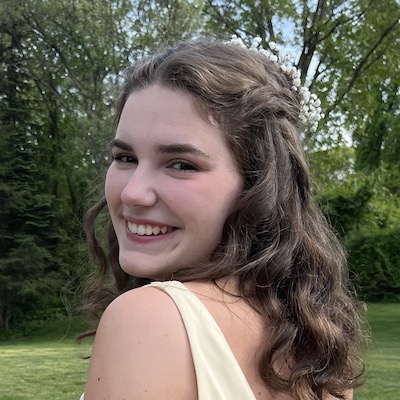 1st Place: Elementary Education: Instilling Knowledge in Future Generations
1st Place: Elementary Education: Instilling Knowledge in Future Generations
Briana Carlin
WTNG 102 Honors: How Writing Works, Prof. Dahliani Reynolds

2nd Place: My Rhetorical Self
Ryan Alexander
WTNG 100: Introduction to Academic Writing, Prof. Karen Bilotti
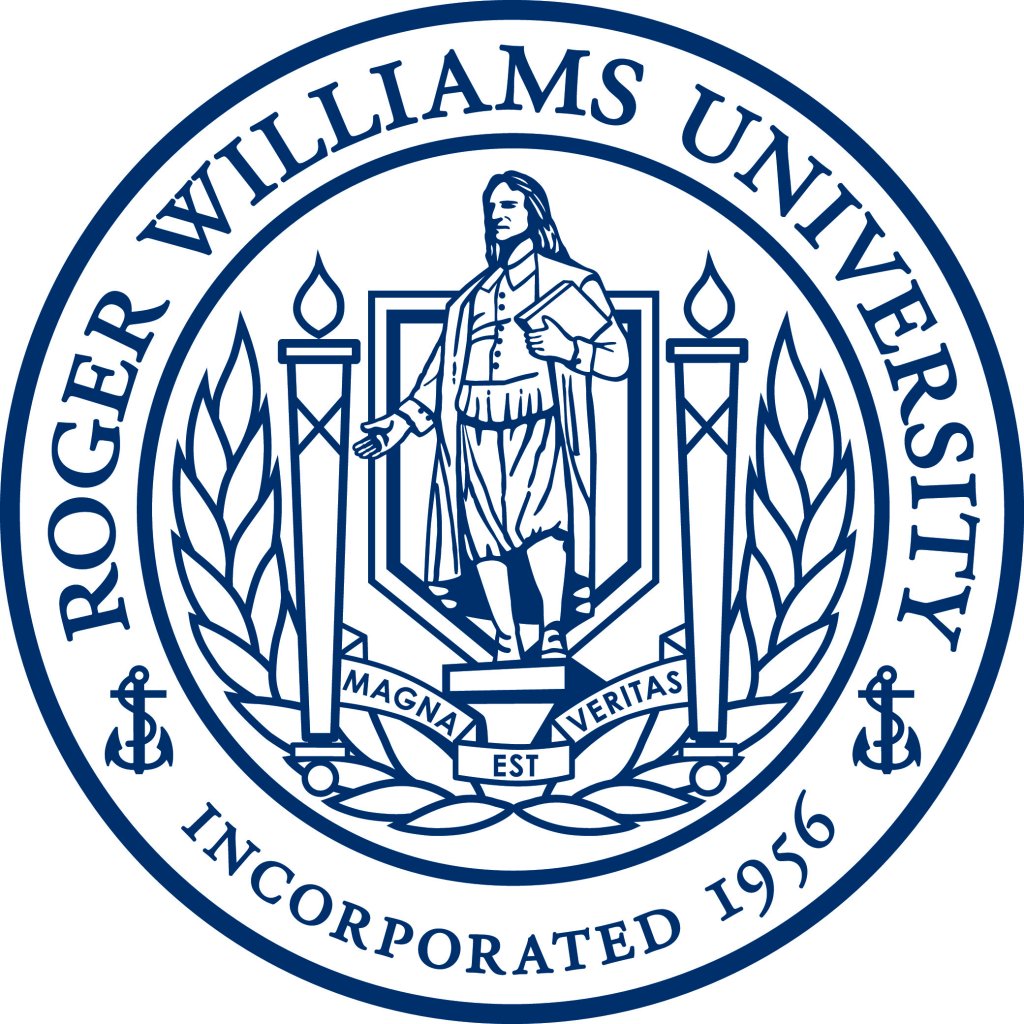 3rd Place: Entering Freshman Year as a Business Student
3rd Place: Entering Freshman Year as a Business Student
Dan Flanagan
Writing 102: How Writing Works, Prof. Beazley Kanost
200 Level
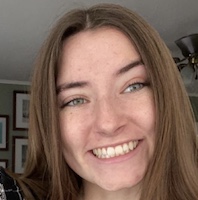
1st Place: Improving Building Sustainability
Kaylee Wimmer
WTNG 225: Writing in Professional and Public Contexts, Prof. Diane Beltran
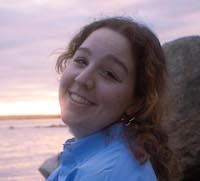
2nd Place: Who is Law School Actually For?
Lily Neves
WTNG 225: Writing in Professional and Public Contexts, Prof. Jennifer Campbell
3rd Place: The Benefit of 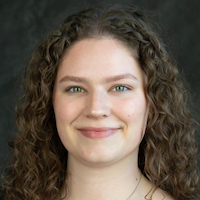 Implementing a Course Dedicated to Educating Students on Trauma Informed Care
Implementing a Course Dedicated to Educating Students on Trauma Informed Care
Savannah Aylward
WTNG 225: Writing for Professional and Public Contexts, Prof. Genette Merin
300-400 Level
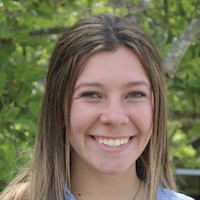
1st Place: Beyond Obsession: Unmasking the Reality of America's Desensitization to the True Crime Genre
Hannah Patalsky
WTNG 322: Advancing Public Argument, Prof. Dahliani Reynolds
 2nd Place: Why Sports Benefit Students
2nd Place: Why Sports Benefit Students
Adam Horwitz
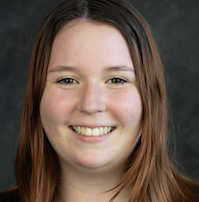 3rd Place: Could There Be Fifteen Months in a Year Instead of Twelve?
3rd Place: Could There Be Fifteen Months in a Year Instead of Twelve?
Payson Mooso
WTNG 302: Art of Writing: Forms of the Essay; Prof. Jennifer Campbell
2022 Awards Recipients
100 Level
 1st Place: Secondary Education/English as a Discourse Community
1st Place: Secondary Education/English as a Discourse Community
Lucas Matthews
WTNG 102 Honors: How Writing Works, Prof. Dahliani Reynolds
 2nd Place: Rhetorical Analysis of the Letter from the Leadership Conference on Civil and Human Rights
2nd Place: Rhetorical Analysis of the Letter from the Leadership Conference on Civil and Human Rights
Philip Sughrue
WTNG 100: Introduction to Academic Writing, Prof. Jennifer Campbell
200 Level
 1st Place: I Have Decided to Feel Skinny Today: The New-Age Eating Disorder Culture
1st Place: I Have Decided to Feel Skinny Today: The New-Age Eating Disorder Culture
Jessica Taddeo
WTNG 299: Writing About Food, Prof. Paul Bender
 1st Place: The Real Native American Is Erased from History
1st Place: The Real Native American Is Erased from History
Richard McGee
WTNG 225: Writing in Professional and Public Contexts, Prof. Genette Merin
300-400 Level
 1st Place: Writing Portfolio: IT Risk Analyst
1st Place: Writing Portfolio: IT Risk Analyst
Robert Murphy
WTNG 470: Writing Thesis/Portfolio, Prof. Dahliani Reynolds
 1st Place: Writing Portfolio
1st Place: Writing Portfolio
Ainsley Iovanna
WTNG 470: Writing Thesis/Portfolio, Prof. Dahliani Reynolds
 2nd Place: Black Americans and the Mental Health Sphere
2nd Place: Black Americans and the Mental Health Sphere
Mariam Sanusi
WTNG 321: Multimodal Writing in Public Spheres
2021 Writing Contest Winners
100-level
1st Place: Saving Local Landmarks: A Case Study
Marissa Glen
WTNG 102: How Writing Works, Prof. Brian Hendrickson
1st Place: Finance Discourse Community
Casey Uryga
WTNG 102: How Writing Works, Prof. Paul Bender
2nd Place: Final Formal Essay How Writing Works: Different Types of Audiences
Shelby Asciolla
WTNG 102: How Writing Works, Prof. Fredrika Quinn
200-level
1st Place: Identity Through Godzilla: An Evolving Reflection of Japanese History
Jaden Militello
WTNG 230: Rhetoric of Film, Prof. Christian Pulver
2nd Place: New Public Spaces May Not be as Public as You Think
Patrick Mountjoy
WTNG 225: Writing in Professional and Public Contexts, Prof. Genette Merin
3rd Place: The Importance of Rehabilitation: Education in Prison Systems
Noah Venuti
WTNG 220: Critical Writing for the Professions, Prof. Genette Merin
300/400-level
1st Place: We Need to Change How We Talk About Abortion: How Changing the Way We Argue Can Change Minds
Ainsley Iovanna
WTNG 322: Advancing Public Argument, Prof. Dahliani Reynolds
2nd Place: The Myth About the Violent/Nonviolent Protest Dichotomy
Noelle Craveiro
WTNG 322: Advancing Public Argument, Prof. Dahliani Reynolds
About the Awards
ACCESS THE SUBMISSION AND NOMINATION PORTAL
The Department of Writing Studies, Rhetoric, and Composition is currently inviting student submissions and faculty nominations from any WTNG course offered during Spring 2025, Summer 2025, or Fall 2025. All genres are welcome—essays, reports, rhetorical analyses, audio or visual essays, videos, etc.
Winners receive prizes up to $150 and recognition on our website. Winners may also be invited to have their work featured in a forthcoming departmental publication of student work.
Awards will be given in three categories: 100 level, 200 level, and 300-400 level.
Submissions will be judged based upon how well they demonstrate rhetorical, genre, and discourse community knowledge in alignment with the learning outcomes as articulated in general and at each level. (Review Learning Outcomes)
Special recognitions may be awarded to outstanding submissions in the following categories:
- multimodal submissions that effectively utilize audio, visual, or other modes of communication
- reflections that demonstrate metacognitive knowledge by engaging deeply with the learning outcomes, especially writing process knowledge
Winners will be selected by a committee of faculty in the Department of Writing Studies, Rhetoric, and Composition. Winners will be notified prior to the end of the Spring 2026 semester.
Submission Guidelines for Students:
- Submissions will be accepted until the end of the day on Friday, February 20, 2026; early submissions are encouraged.
- The submission portal will ask you to provide some basic information such as name, student ID#, contact information, submission title, course, semester, and instructor.
- Wherever possible, remove from your submission identifying information such as your name and your instructor’s name. Exceptions include certain multimodal submissions that may be exceedingly difficult or impossible to anonymize.
- Upload submissions in commonly accessible formats (e.g. Microsoft Office, PDF, WAV and MP3 for audio; MP4 for video). You may provide a link for web-based submissions and files larger than 50MB, but please make sure you double-check that your link is active and permissions are set to allow anyone to view.
- You may revise your work prior to submission.
- You are permitted to submit multiple works if you took multiple WTNG courses, although you are limited to one submission from each course. You will need to complete the submission process separately for each submission.
- You are welcome and encouraged to submit collaborative work, but all coauthors must consent to submitting, and the prize money for any winning collaborative submission will be split evenly among the coauthors.
- You are welcome and encouraged—but not required—to include a reflection that addresses the course learning outcomes, especially writing process knowledge. Reflections may be used by the awards selection committee to better evaluate your submission within the context in which it was written, and outstanding reflections may be considered separately from the submission for special recognition. You may submit a reflection you already wrote for the course or a new or revised one. While reflections should refrain from mentioning professors by name, they may discuss pertinent details such as the course, assignment, and professor feedback.
Nomination Guidelines for Faculty:
- Nominations will be accepted until the end of the day on Friday, February 13, 2026.
- Nominated students will be contacted by the awards selection chair, informed that they have been nominated, and invited to submit.
- Students are nominated for specific works produced as part of a WTNG course, not in general.
- You may nominate any number of students from any WTNG course you taught during the 2024 calendar year, you may submit multiple student nominations at the same time, and you may complete the nomination form any number of times, but you will need to complete a new nomination form for different groups of students from different classes and/or semesters. Nominations from sections can be submitted at the same time so long as the course and semester are the same (e.g. all from Spring 2025 WTNG 102).
- The nomination portal will ask you to provide your name, email, course, semester, student name(s), student email(s), and relevant assignment name(s).
Ready to Submit or Nominate?
ACCESS THE SUBMISSION AND NOMINATION PORTAL
Questions?
Contact Professor Capineri at ccapineri@rwu.edu